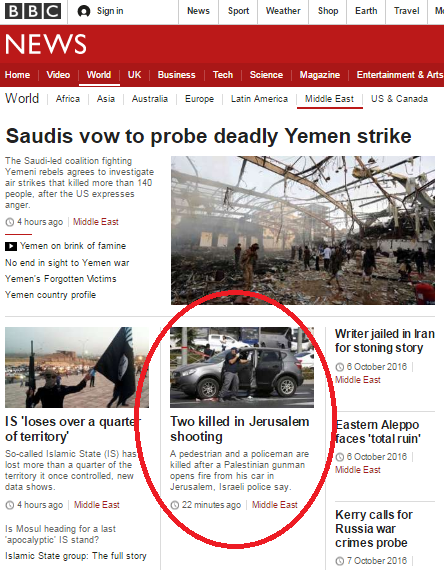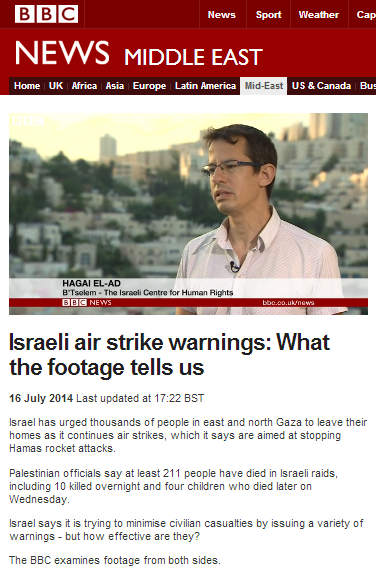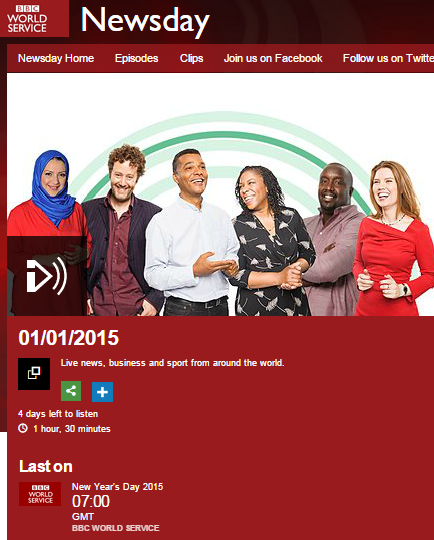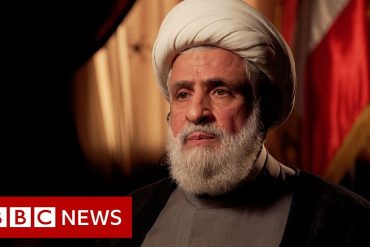On March 10th an article titled “Trump Middle East: Palestinian leader invited to White House” was published on the BBC News website’s Middle East page. The subject matter of that four hundred and four word-long report is ostensibly a ten-minute phone call between the presidents of the US and the Palestinian Authority which took place that day. However, much of the article was used to reinforce narratives already evident in BBC content for some time.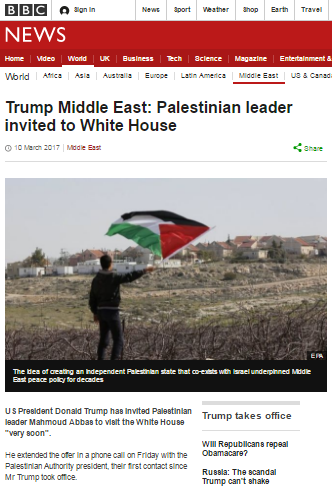
1) Readers were told that:
“Mr Trump hosted Israeli Prime Minister Benjamin Netanyahu in February.
At that meeting, Mr Trump dropped a long-standing US commitment to a two-state solution for the Israeli-Palestinian conflict.”
As has been noted here before, the day after the Israeli prime minister’s visit to the White House, the BBC published an article in which a member of the US administration clarified its stance:
“The US ambassador to the UN has said her country “absolutely” supports the idea of a two-state solution to the Israeli-Palestinian dispute.
But Nikki Haley also said the Trump administration was “thinking outside the box as well”, suggesting it was open to other possible solutions.”
Despite having published that report, the BBC News website nevertheless continues to promote the narrative of a ‘major policy shift’ concerning the two-state solution on the part of the US administration.
2) The article includes an insert titled “What is the two-state solution?” that has already been seen in several previous reports.

That insert once again promotes the false narrative according to which the two-state solution is the “declared goal” of Palestinian leaders while erasing from audience view the fact that Hamas and additional Palestinian factions reject the two-state solution outright and failing to inform BBC audiences of the repeated refusal of Palestinian Authority leaders to recognise Israel as the Jewish state: a necessary condition for fulfilment of the concept of “two states for two peoples”.
3) The article tells readers that:
“There have been no substantive peace talks between the Israelis and Palestinians since US-mediated negotiations broke down in April 2014.”
The BBC has of course been promoting the narrative that those talks simply “broke down” or “collapsed” for a long time but serially refrains from informing its audiences of the decisions made by the Palestinian Authority which led to the end of that round of negotiations.
4) Readers of this article also found more BBC amplification of the PA’s narrative concerning the proposed relocation of the US embassy to Jerusalem:
“The US Senate on Thursday approved Mr Trump’s controversial nominee for ambassador to Israel.
David Friedman favours relocating the US embassy to Jerusalem, a highly inflammatory proposal because both Israel and the Palestinians lay claim to the city as their capital.” [emphasis added]
As has been noted here before, BBC audiences have not heard any alternative view of that proposal or any explanation as to why Palestinians should object to the relocation of the US embassy to an area of Jerusalem to which – according to the corporation’s own presentation of the issue – the PA does not lay claim.
Whether or not a meeting between Abbas and Trump will indeed “rekindle peace talks” as suggested in this report remains to be seen but what is already apparent is the BBC’s chosen framing of that topic – as indicated by the repeated promotion of these unwavering and unquestioned narratives in report after report.
Related Articles:
More narrative driven BBC portrayal of the ‘peace process’
BBC News and the US ‘major policy shift’ that wasn’t
BBC News website’s explanation of the two-state solution falls short
BBC continues to push its monochrome US embassy story

